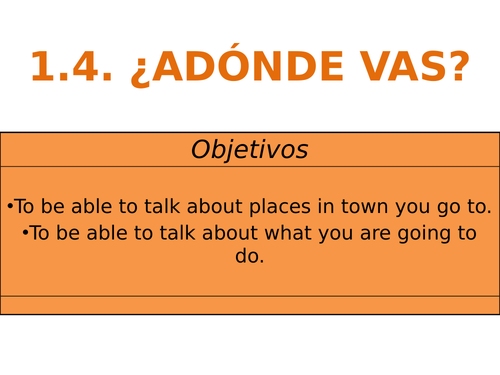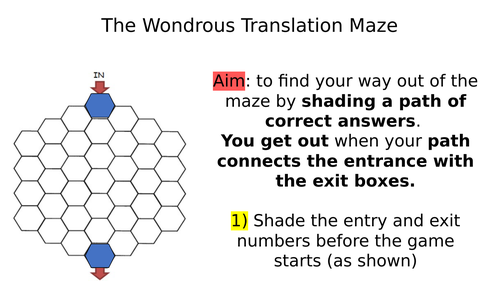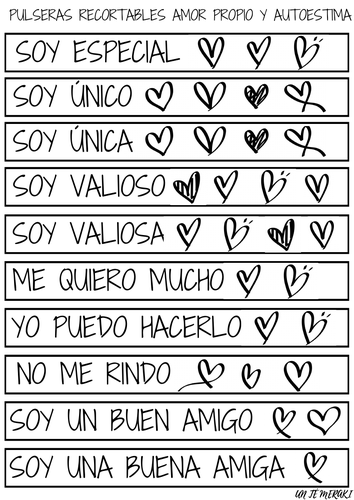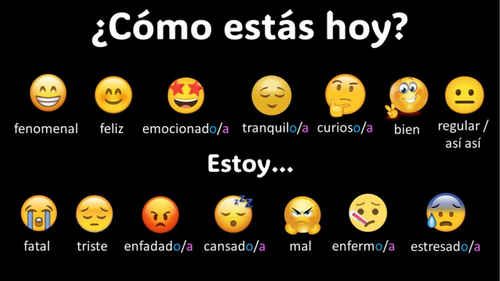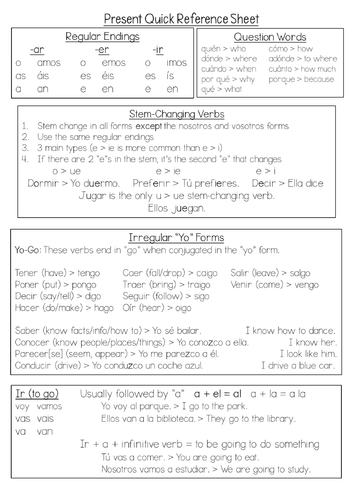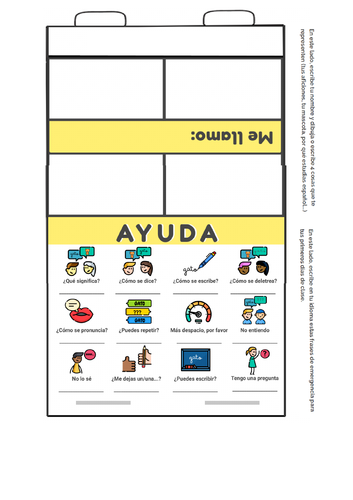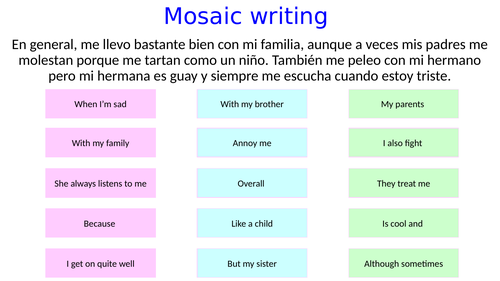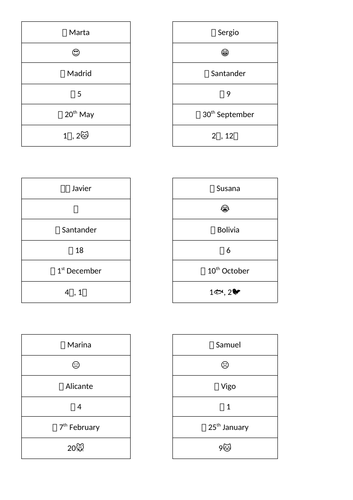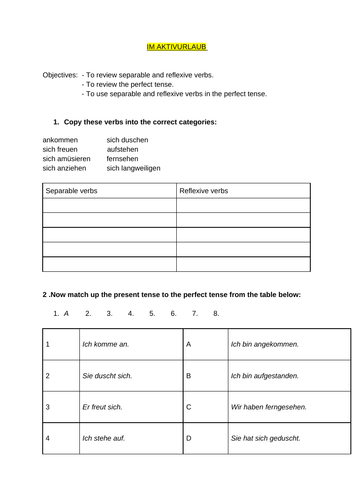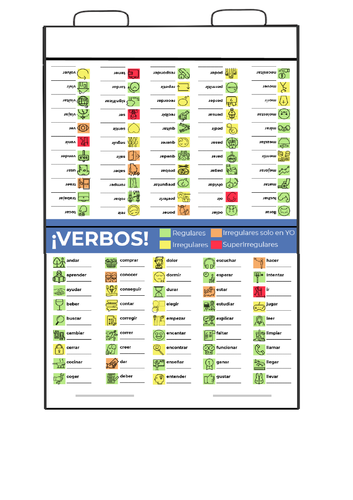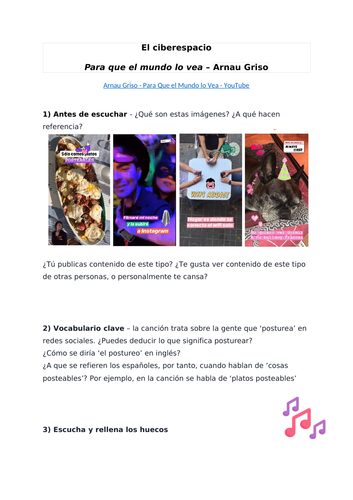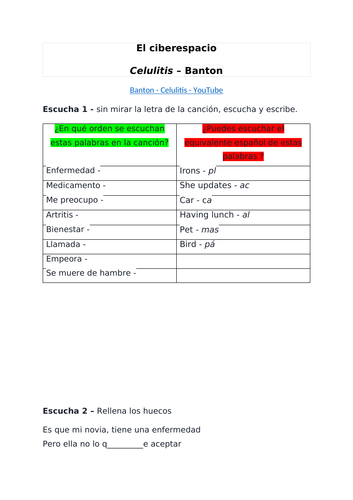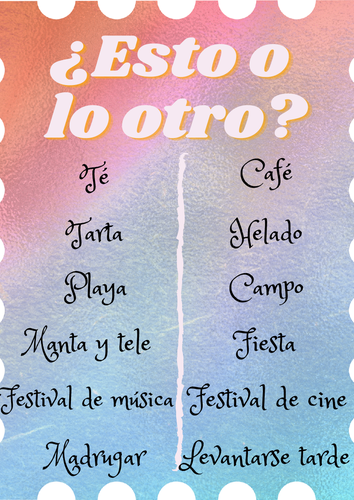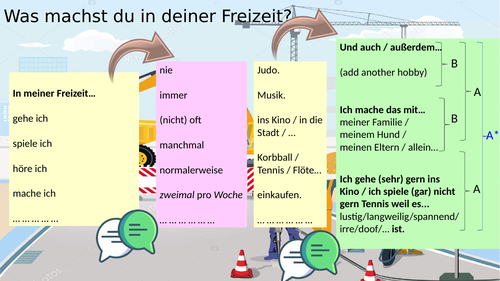BGSG9's Shop
Spanish, German and ESL resources ranging from KS1 to KS5. Textbooks you will find materials for: -Mira! KS3 and KS4 textbooks. -Zoom Deutsch KS3 textbooks. - Stimmt! KS3 textbooks. -Viva! KS3 textbooks. -AQA A-level Spanish textbooks and Pearson Edexcel International GCSE Spanish textbook. This shop is frequently updated with new resources, and existing resources are updated on a yearly basis to ensure they're complimented with new ideas that work well with our students.

